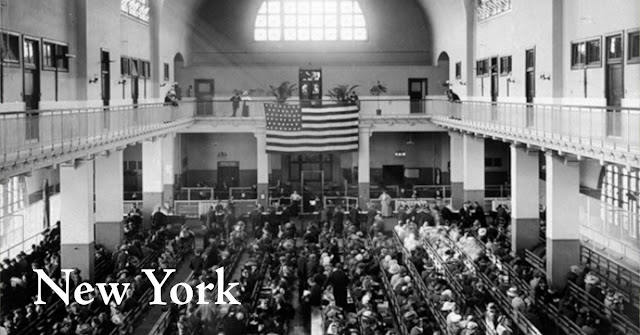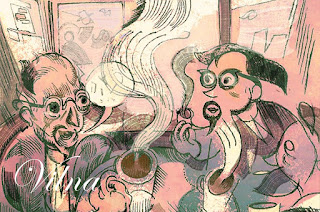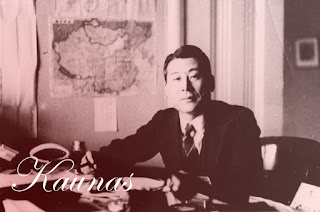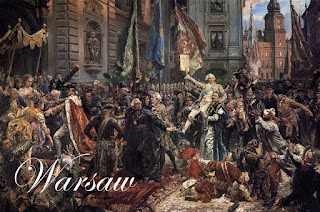Letters from the Melting Pot

“There she lies,” says the hero, David Quixano, looking out over New York harbor, “the great Melting Pot—listen! Can’t you hear the roaring and the bubbling? There gapes her mouth—the harbour where a thousand mammoth feeders come from the ends of the world to pour in their human freight. Ah, what a stirring and a seething! Celt and Latin, Slav and Teuton, Greek and Syrian, black and yellow, Jew and Gentile, . . . the palm and the pine, the pole and the equator, the crescent and the cross—how the great Alchemist melts and fuses them with his purging flame! Here shall they all unite to build the Republic of Man and the Kingdom of God. Ah, Vera, what is the glory of Rome and Jerusalem where all nations and races come to worship and look back, compared with the glory of America, where all races and nations come to labour and look forward!” Israel Zangwill, whose parents were refugees, described the almost unbelievable optimism of the immigrant. His play The Melting Pot was a runaway...




